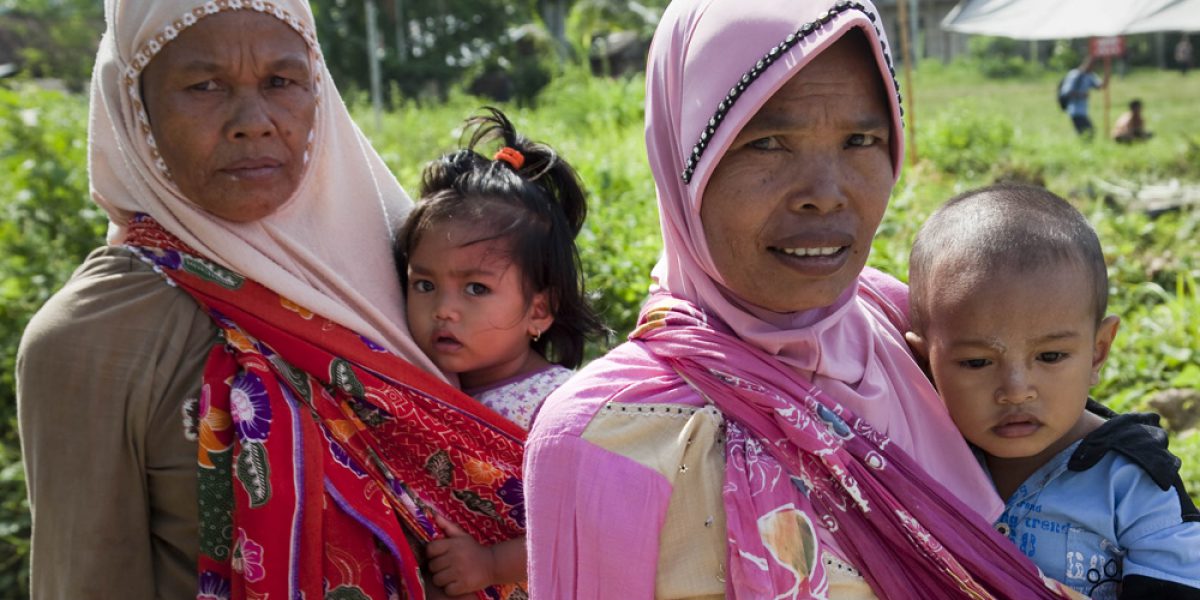International: JRS urges donors to strengthen role of displaced women in their aid programmes
08 March 2011

Johannesburg, Nairobi, Rome, Washington DC, 8 March 2011 – On International Women’s Day, JRS urges donor governments to take concrete steps to strengthen the role of displaced women in their aid programmes affecting their refugee communities.
Moreover, JRS calls on host governments to remove obstacles to the full and equal participation of refugee women in all aspects of society, through initiatives such as the enforcement of legislation on sexual and gender-based violence and on the ownership by women of property and businesses.
More than 70 percent the 40 million forcibly displaced persons in the world today are women and children. Women play a key role in sustaining families and rebuilding communities before, after and during crises. They play the leading role in raising children, and paying school fees, yet too often they themselves have very limited access to education and microfinance.
“In the Southern Sudanese county of Nimule, JRS supports more than 700 women with education, microfinance activities and healthcare. But the needs are huge. Approximately 40,000 women need microfinance services and more than 15,000 lack access to education”, JRS Eastern Africa Communications Officer, Angelika Mendes.
When provided with the necessary resources, support and protection, women can be active and positive change agents, improving not just their own lives but the lives of their children, families and communities.
“Homeless, pregnant and abandoned by her husband, Belinda found accommodation and medical care thanks to the assistance of JRS. Caseworkers initially provided support until her situation stabilised and she has now been accepted into the JRS microfinance programme. The link between women’s support and microfinance is crucial” said JRS Southern Africa Director, JRS South Africa Health Officer, Marcelline Sangara.
Stripped of the traditional protection afforded by their families, communities and local authorities, refugee women face discrimination when seeking protection and, in accessing basic goods and services as they attempt to rebuild their lives. They face official harassment or indifference and frequent physical or sexual violence – before, during and after their flight.
“When Amina arrived in Bangkok, she had to beg for money for herself and her daughter. With assistance and support from JRS, she found housing and informal employment as a peer counsellor to other women fleeing sexual and gender violence. But her struggle is far from over. Even though she is a recognised refugee, she could be arrested and detained indefinitely”, said JRS Thailand, Urban Refugee Programme Psychosocial Counsellor, Zarah Alih.
JRS calls on all governments and institutions responding to refugee needs to recognise the key role that refugee women can play both in sustaining their families in times of crisis and in rebuilding their shattered communities. In order to support refugee women in making this essential contribution, we must act now to end the discrimination and exploitation of refugee women so that their full potential can be realised.

